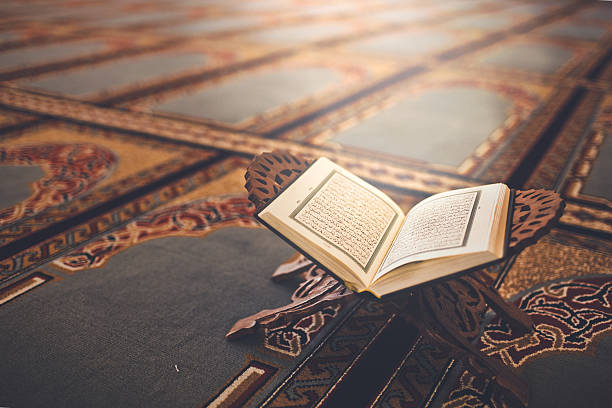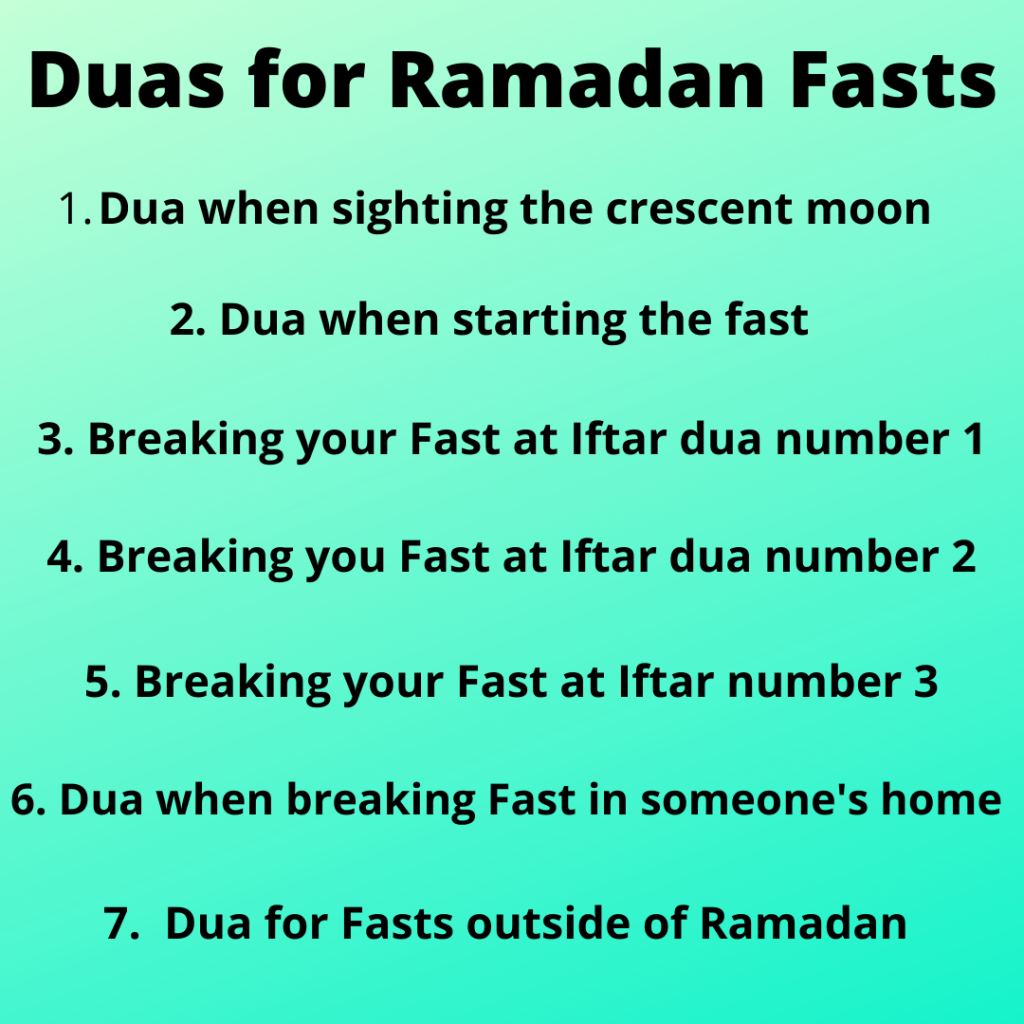How much Quran should we read?
The Quran should be read frequently and especially in the daily prayers. The more you read the more beneficial and rewarding it will be. Try to read at least one page per day. The minimum Quran you should read is twice a year, one completion in Ramadan and another in the remaining months of the year.
Many people don’t read the Quran as much as they should and others don’t understand what they are meant to be achieving by reading the Quran. Here we discuss the importance and benefits you get when you read the Quran and how much you should read as the minimum.

Allah calls the Quran ‘the Speech of Allah,’ so it is not an ordinary Book. It isn’t the words of a man. Allah literally recited the Quran to Jibrail (AS) and then Jibrail brought it down to the Prophet (SAW) and recited it to him. Then the Prophet recited it to his companions, who then recited it to the next generation and so it has come to us unaltered and unedited. So there is an element of divinity with the Quran which is why you need to have done wudhu (ablution) before touching it.
From different sources, we come to the conclusion that the more Quran you read the more beneficial and rewarding it is. According to Imam Abu Hanifah (RA): ‘It is the right of the Quran, that we complete it at least twice every year. Once in the month of Ramadan and once in the remaining months of the year.’
Rewards of Quran recitation
A hadith of the Prophet (SAW) narrated by Ibn Masood (RA) states: ‘Whosoever reads one letter of the Book of Allah is credited with one blessing and one blessing is equal to tenfold the like thereof in its reward. I do not say that Alif-Laam-Meem (the start of some Surahs) is one letter, but alif is one letter, laam is one letter and meem is one letter.’ (Tirmidhi)
The hadith affirms that whereas, ordinarily for the purpose of reward an act as a whole is taken into account, in the case of the Quran, parts also count. So the reading of one letter is counted as one full good deed. And the reward of each good deed will be increased ten times, as promised by Allah: ‘One who brings a good deed, for him will be tenfold the like thereof.’ So the more Quran is recited the better. How much sweeter is reading the Quran while knowing this fact.
Abdullah ibn Amr (RA) says, Allah’s Messenger (SAW) said to me, “Recite the whole Quran in a month.” I said, “But I have the power [to do more than that].” Allah’s Messenger said, “Then finish the recitation of the Quran in seven days, and do not finish it in less than this period.” (Bukhari)
How to complete the Quran in One month and in One week
The Quran has been divided into parts to make it easy to complete within a set time. One method is to divide the total number of pages into 30 roughly equally so one part (juz) is read each day for a month. If you are able to, the preferred amount is one completion per week following a hadith.
It was narrated that ‘Abdullah ibn ‘Amr (RA)said: ‘The Messenger of Allah (SAW) said: “Read the Quran in a month.” I said: I am able to do better than that… Until he said: “Then read it once every seven days, and do not do any more than that.” (Bukhari, Muslim)
Another hadith also states you can’t understand the Quran properly if you read it in less than three days.
How much Quran did some of the pious predecessors read?
- It was the practice of the Sahaba [RA] that they used to complete one Quran every week. For this, they have distributed the Quran into seven parts which is known as Manzils or Ahzaab.
- Imam Shafi (RA) and Imam Abu Hanifa (RA) used to do one khatam (complete recitation) in the day and one in the night every day in Ramadan.
- Imam Bukhari (RA) used to do one khatam during the day and ten juz (parts out of 30) in taraweeh and nafl prayers at night. Imam Bukhari would spend most of the night in worship.
- When Abu Bakr ibn Ayashi (RA) was dying, his sister was crying. He told her not to because her brother has done 30,000 khatams of the Quran in his life. For years, his practice was to do one khatam every single day, inside and outside of Ramadan.
Imam Ahmad ibn Hanbal (rh)’s Dream
Imam Ahmad ibn Hanbal (RH) had a dream in which he spoke to Allah. He asked Allah, “What zikr is the best way to draw a servant close to You and make him beloved to You?” Allah replied: “Recitation of My Kalaam (Book).” Imam Ahmad then asked, “With understanding or without understanding?” Allah said “Understand it or not, the person who recites it will become My Muqarrab and Mahboob [close and beloved].’
Rewards of Quran visual recitation and recitation by memory
Ali (RA) says that Rasulullah (SAW) said, ‘Whoever reads the Quran and learns it by heart, and regards what it makes lawful as lawful and its unlawful as forbidden, will be admitted into Jannah by the Almighty Allah, who will also accept his intercession in respect of ten such persons of his family who shall have been doomed to Hell.’
The status of huffaaz (memorisers of the entire Quran) is indeed great. Those who are not huffaaz and cannot memorise the Quran should try to make one of their relatives a hafiz, so that by Allah’s grace, they may be saved from their own bad deeds.
It is important that you recite some Quran daily. Allah designed the Quran to be read daily to be a perfect reminder for everything that happens in our life, whether happy or sad. It also makes you aware of how the world works, reading the Quran daily shows the pattern of events through history and how it repeats itself, and makes you aware of Allah’s signs all around you. It increases your imaan little by little and being an act of worship, softens your heart.
Abu Hurairah (RA) reports that Rasulullah (SAW) said: ‘Whoever recites ten ayaat in a night, is not reckoned amongst the neglectful.’
It takes only a few minutes to recite ten ayaat (verses) doing so saves a man from being included in the list of the neglectful, for that night.
Great advice regarding recital of the Quran
Allah calls the Quran the zikr (remembrance) and the best of remembrances is the recitation of the Quran. All of us are guilty of not doing enough to develop our relationship with the Quran.
One of the best advices given is to maintain the regular tilawah (recitation) of the Quran from the beginning to the end. For this, fix a time when you are free from other obligations. If you have free time after fajr every day, then commence from then. Whenever you pray, since duas are readily accepted after the recitation of the Quran, follow up your recital with supplication.
Abu Hurairah (RA) reports the Prophet (SAW) said: ‘Take up good deeds only as much as you are able, for the best deeds are those done regularly even if they are few.’ (Ibn Majah)
Motivation to encourage us to read the Quran
Before this article is finished, I’d like to include the script from a video I saw recently regarding how the Quran raises you up. Insha’Allah it will prove to be a motivation in reciting more than you thought you would do. Apologies, but I could not find names or links for proper citations.
Anything associated with the Quran; Allah raises its ranks,
The Angel Jibril (AS) came with the Quran, so Allah made him the best of Angels,
The Quran was revealed to the Prophet, so the Prophet (SAW) became the best of messengers,
The Quran was revealed to the Muslims, so the Muslims became the best of nations,
The Quran was revealed in Ramadan, so Ramadan became the best of months,
The Quran was revealed in the night of Decree, so this night became the best of nights,
If you are connected with the Quran, you will become the best of people,
If the Quran is a part of your day, this day will become the best of your days,
Don’t overlook the Quran!


